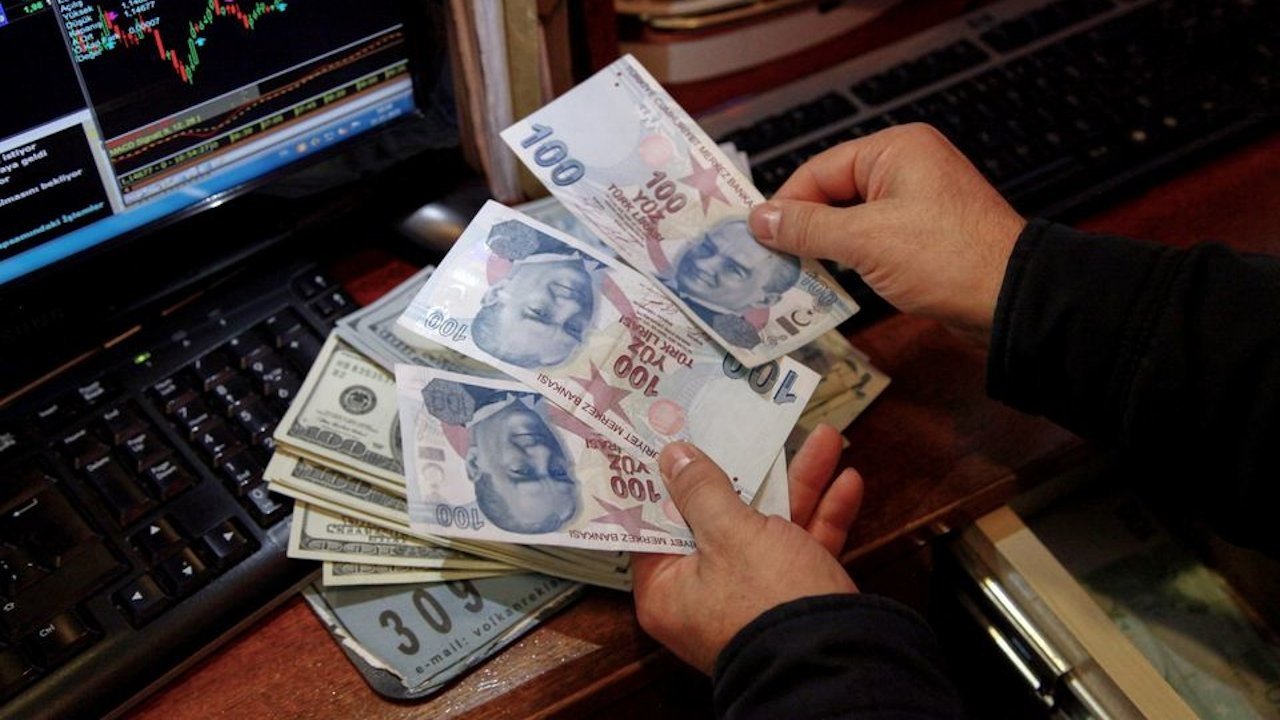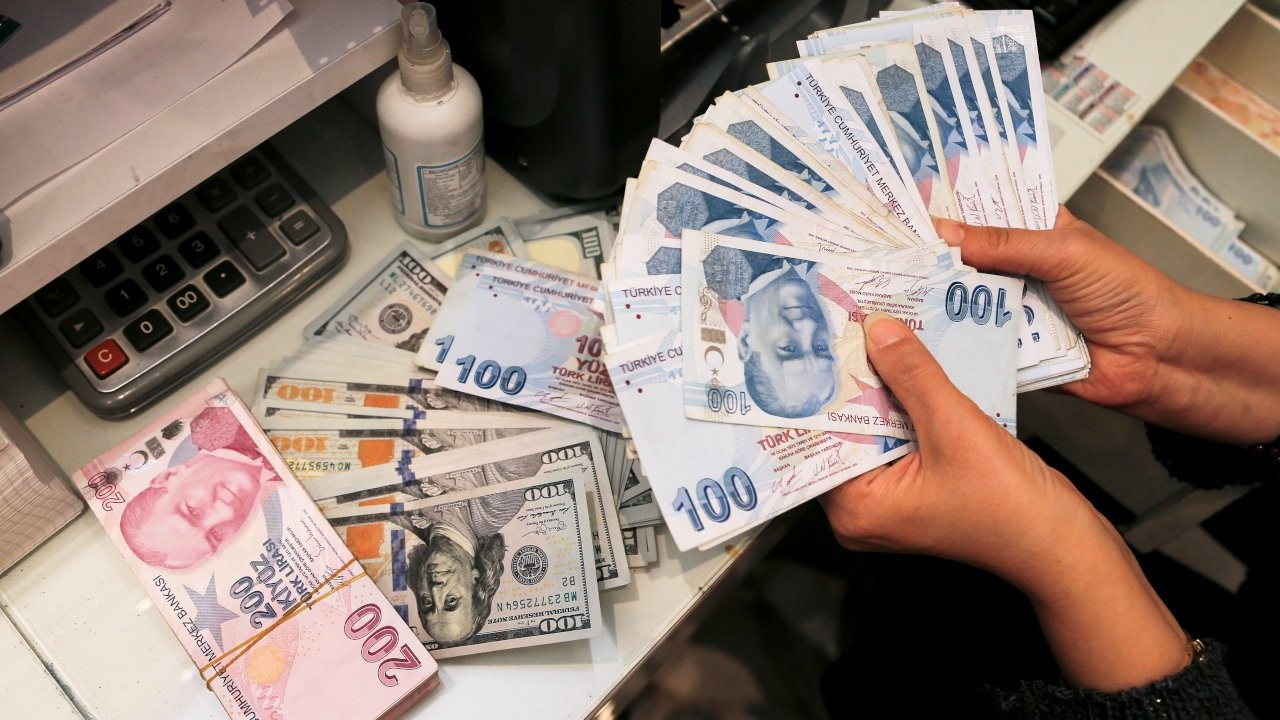Turkey's Central Bank holds rate at 14 percent despite soaring inflation
Turkey's Central Bank kept its policy rate steady at 14% for the fifth straight month on May 26, despite a jump in inflation to nearly 70% after last year's easing cycle triggered a currency crisis.
Reuters
Turkey's Central Bank held its policy rate at 14% for a fifth straight month on May 26 as expected, even with inflation set to rise beyond 70% currently as a fresh slide in the lira threatens to stoke prices further.
The bank defended its policy decision saying it expects disinflation to start, citing base effects and an expected end to the conflict between Russia and Ukraine among other factors.
"The Committee expects disinflation process to start on the back of strengthened measures for sustainable price and financial stability," the bank said in its statement following its monthly monetary policy committee meeting.
The lira, which has tumbled this year on top of a 44% slide last year, was little changed after the rates decision, trading 0.2% weaker at 16.3800.
In April, Turkey's annual inflation jumped to a two-decade high of 69.97%, fueled by last year's lira crash due to a series of unorthodox rate cuts, and by soaring commodity prices due to Russia's invasion of Ukraine.
"The increase in inflation is driven by rising energy costs resulting from geopolitical developments and temporary effects of pricing formations that are not supported by economic fundamentals," it added.
The bank cut its policy rate by 500 basis points at the end of last year as inflation rose, an unorthodox move long sought by President Recep Tayyip Erdoğan.
The lira has declined 11% since the previous monetary policy meeting and is down some 19% this year, further raising prices due to Turkey's heavy import bill.
The country's five-year credit default swaps (CDS), the cost of insuring against default, also jumped to 730 basis points from 580 in the same period.
War-related sanctions on Russia have meanwhile sent gas and oil prices soaring, lifting prices for import-dependent Turkey.
All 15 economists in a Reuters poll expected the bank to leave its benchmark rate unchanged this week.
Two of eight economists expected the bank to reverse policy later this year and hike rates due to price pressures and lira weakness. The majority expects no change in 2022 due to Erdoğan's aversion to high rates.
Erdoğan has urged monetary easing to boost credit and exports and to reverse current account deficits. But the deficits have only climbed due to energy costs, and Turkey's real rate is deeper in the red than any peer economy at about negative 56%.

 Turkey's current account deficit surges to $5.15 billion in FebruaryEconomy
Turkey's current account deficit surges to $5.15 billion in FebruaryEconomy Turkish Central Bank holds rate at 14 percent despite inflation surgeEconomy
Turkish Central Bank holds rate at 14 percent despite inflation surgeEconomy